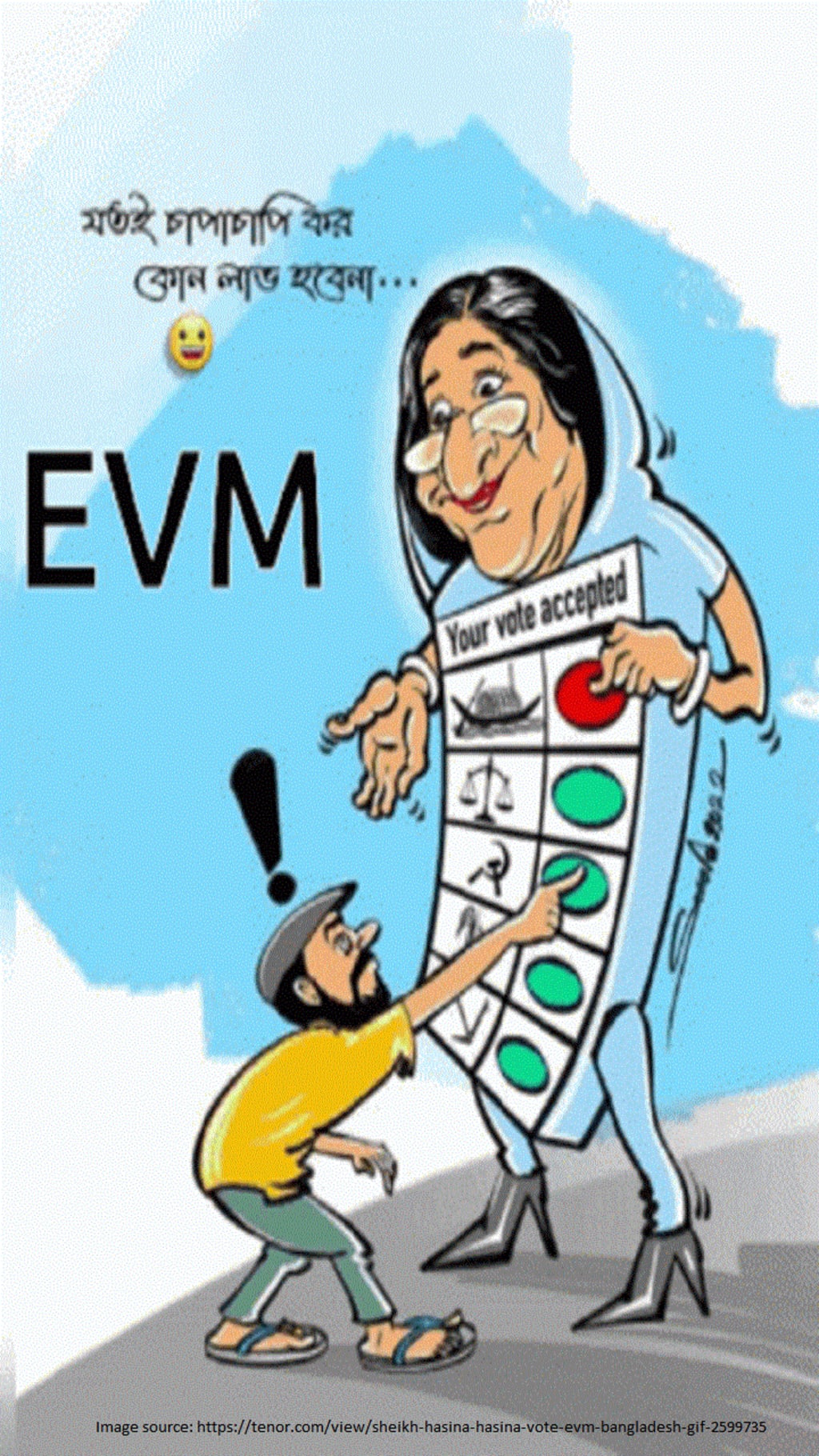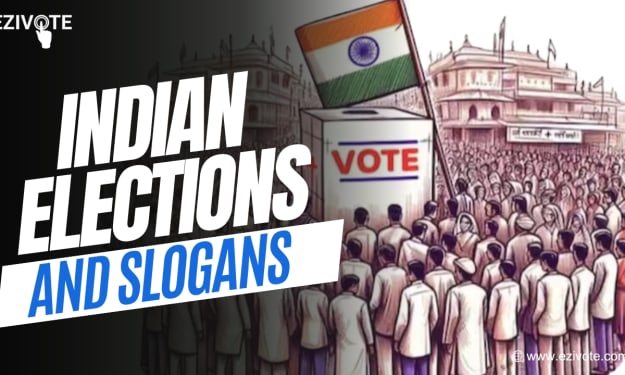
Bangladesh, a country with a dynamic past and rich cultural legacy, has advanced significantly in terms of social and economic development. Still, there are several obstacles in the way of achieving long-term political stability, most of which stem from the public policy framework's shortcomings. The important policy gaps that affect Bangladesh's political stability are examined in this essay.
1.Electoral Irregularities and Lack of Transparency:
The frequency of voting irregularities and a lack of transparency in the electoral process are major causes of political instability in Bangladesh. Election-related violence, intimidation, and manipulation have all been reported around the nation. Political stability depends on democratic norms being upheld, which are undermined by loopholes in electoral laws and procedures that allow unfair acts.
2. Fragmented Governance and Policy Implementation:
Bangladesh has made progress in developing policies, but putting them into practice effectively is still a struggle. The governing structure of the nation is frequently disjointed, with several agencies and groups in charge of carrying out policies. This lack of cooperation creates gaps in implementation, which makes it more difficult to turn policy into observable results. When people think there is a gap between the intentions of policies and their actual outcomes, political stability breaks down.
3. Political Patronage and Corruption:
Political patronage is a serious threat to Bangladesh's political stability since it frequently takes the form of nepotism and favoritism. Government trust is undermined when public policies are designed to further the agendas of particular political elites or those close to them. Corruption makes matters worse by taking funds away from vital public services and widening the socioeconomic divide.
4. Inadequate Social Inclusivity in Policy Formulation:
Social harmony and political stability are strongly correlated, and policies that fail to sufficiently take into account the varied requirements of the populace may spark discontent. Marginalized communities in Bangladesh frequently find themselves shut out of the policy-making process. Not only does this lack of inclusivity support social injustices, but it also fosters unrest and political instability.
5. Media Suppression and Freedom of Expression:
Open communication of ideas and the freedom of citizens to voice their opinions are essential components of a healthy democracy. Concerns regarding press freedom in Bangladesh have arisen as a result of gaps in public policy regarding media regulation. Events involving the intimidation and censorship of journalists have the potential to silence critical voices, hinder constructive discourse, and exacerbate political unpredictability.
6. Limited Economic Diversification and Youth Unemployment:
For political stability to exist, economic policies are essential. Bangladesh's textile and apparel industries have been the main driver of the country's notable economic growth. But an excessive dependence on a small number of industries makes the economy susceptible to outside shocks. A growing youth population also confronts issues with underemployment and unemployment. Economic policies that fail to address these problems may cause youth dissatisfaction and thus contribute to political instability.
7. Rampant Corruption and public service delivery:
The public's trust in the government is also weakened when public funds and resources are mishandled for private benefit.In Bangladesh, corruption can take many different forms, ranging from small-scale bribery to large-scale embezzlement. Corrupt practices continue because of a culture of impunity and a lack of strict anti-corruption laws. The intended impact of public policies is frequently compromised when they are tainted by corruption, which causes resource misallocation and exacerbates socioeconomic disparities.
Furthermore, the standard of public services is directly impacted by corruption. Infrastructure, healthcare, and education are examples of basic amenities that suffer when money is embezzled through dishonest means. Due to the population's perception of a gap between official promises and their actual circumstances, political instability is exacerbated and a cycle of underdevelopment and disillusionment is established.
The attainment of political stability in Bangladesh is contingent upon the ongoing battle against corruption. Enforcing accountability for corrupt practices, bolstering anti-corruption institutions, and improving government operations' transparency are crucial measures. Furthermore, strengthening the ethics and integrity cultures in the public and private spheres can help to forge a political landscape that is more resilient and stable.
Conclusion:
Improving Bangladesh's political stability requires addressing the gaps in public policy. It is imperative to adopt a holistic strategy that places a high priority on social inclusion, efficient governance, election transparency, and economic diversification. Bangladesh can create a more stable and prosperous future by promoting a political climate in which all citizens' interests are taken into account and policies are carried out with accountability and transparency. In order to build a strong foundation for the country's future development, closing these gaps is a necessary step on the path to political stability.





Comments
There are no comments for this story
Be the first to respond and start the conversation.